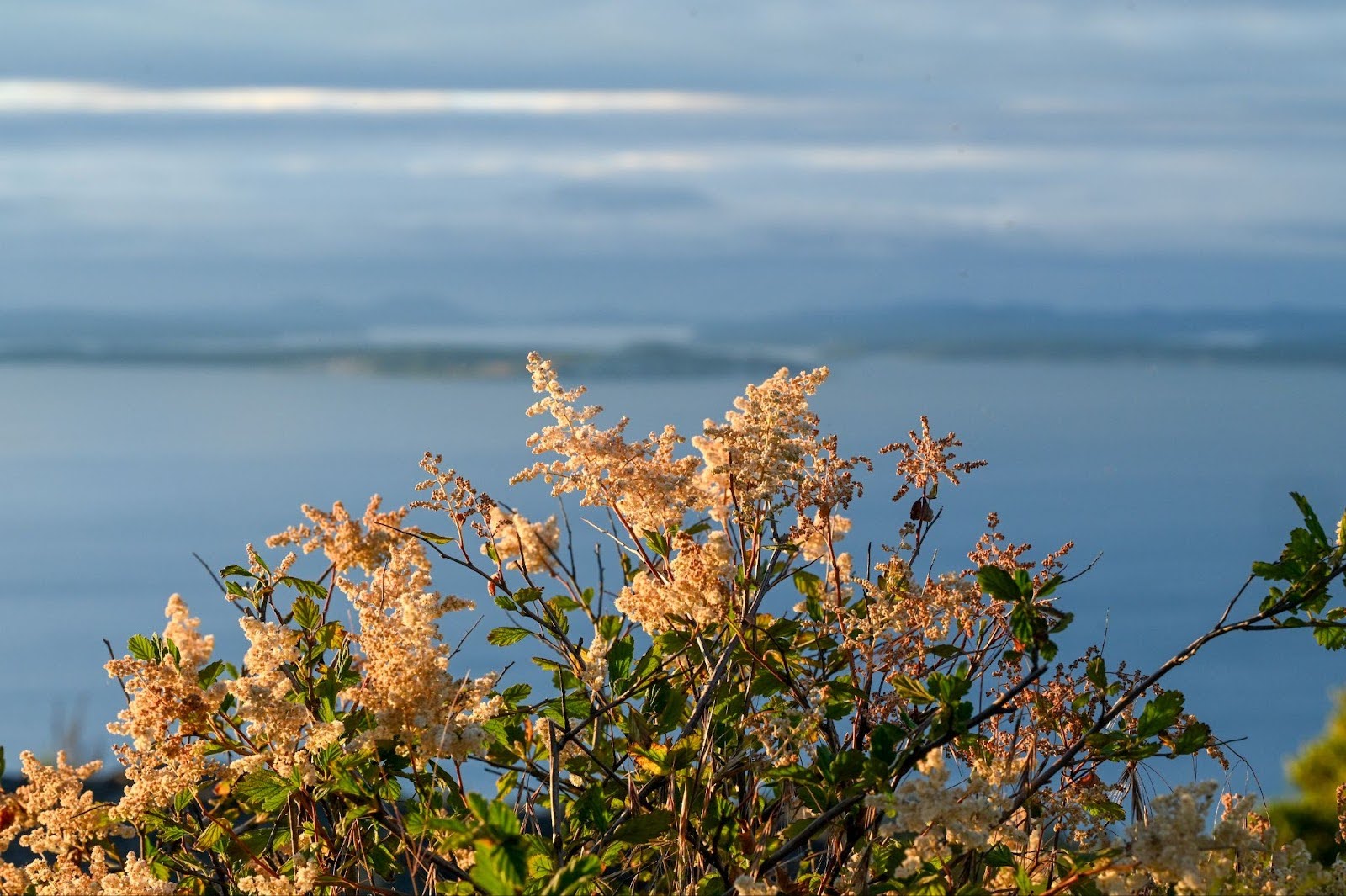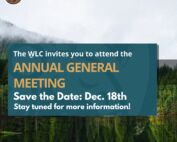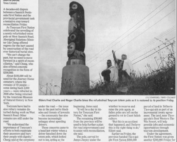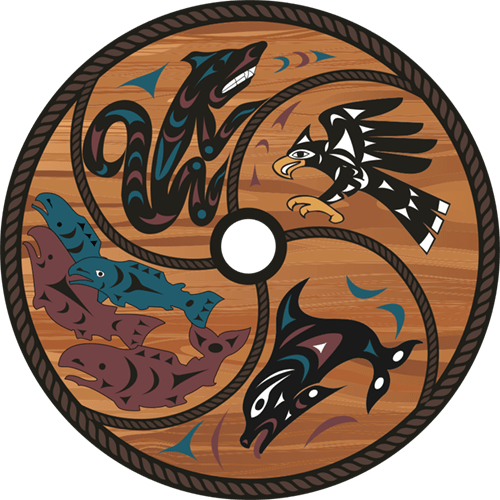Every day, local governments make decisions that significantly impact W̱SÁNEĆ rights and interests. Despite these far-reaching impacts, there is very little obligation on any local government body to consult with or consider W̱SÁNEĆ. W̱SÁNEĆ Leadership Council (“WLC”) will explore this lack of duty to consult and the many opportunities for collaboration that might fill the gap through a multi-part series, of which this is the first part.

It may be difficult to fully understand the impact of local governments’ lack of consultation and decision making on W̱SÁNEĆ interests and rights, but there is no land or water remaining in W̱SÁNEĆ territory that W̱SÁNEĆ people can access that is free of watchful judgement or that is available for the practice of inherent or treaty rights.
This can be improved through collaborative efforts, considering this, it is important to understand the levels of colonial government and the consultation requirements that exist at each level.
The colonial governments that impact W̱SÁNEĆ are structured in a hierarchy. At the very top is the federal government, which includes bodies like the Parliament, Indigenous Services Canada, Crown-Indigenous Relations and Northern Affairs Canada, and the Federal Courts. The federal government has control over far-reaching laws, programs, and policies that apply to the entirety of Canada, and has a duty to consult with and accommodate First Nations under section 35 of the Constitution Act, 1982 and The United Nations Declaration on the Rights of Indigenous Peoples Act.
Beneath the federal government is the provincial government of British Columbia (“BC”), including the Legislative Assembly of BC, the BC Ministry of Indigenous Relations and Reconciliation, and the BC Courts. The provincial government has control over province-wide laws, treaties, and agreements, and is also required to consult with and accommodate under section 35 of the Constitution Act, 1982 and the Declaration on the Rights of Indigenous Peoples Act.
Then, beneath the provincial government are regional governments and local municipalities (“local governments”). The local governments that regularly take actions that impact W̱SÁNEĆ interests include, but are not limited to, District of Saanich, District of Central Saanich, Town of Sidney and District of North Saanich, the Capital Regional District, the Cowichan Valley Regional District, and the Islands Trust.
Local governments oversee zoning/land use planning, regulate the use of public spaces, including significant natural areas and hunting grounds, enact bylaws, manage infrastructure, are responsible for a variety of local services, and take other actions that directly influence the health of the land and water. Therefore, their tangible, day-to-day impact on the lives of W̱SÁNEĆ is greater than that of provincial or federal governments. Yet, local governments have the least obligation to consider or consult with W̱SÁNEĆ when making decisions or taking action. Their only obligations stem from the Local Government Act, the Community Charter, and the Islands Trust Act, which does not require consultation with First Nations but rather suggests that local governments should consider whether and how often to consult. The only exceptions are with regard to amendments to Official Community Plans (“OCP”) and zoning bylaw changes, where there is a clear duty to consult. Although these changes to the Local Government Act, which was passed in 2010, are a step in the right direction, these specific instances are just some of many areas where local governments extensively impact W̱SÁNEĆ. Therefore, if a local government takes an action that adversely affects the rights of W̱SÁNEĆ, W̱SÁNEĆ must take legal action to find a remedy.
The power of local governments to impact W̱SÁNEĆ interests, paired with the existing lack of consultation requirements, creates an opportunity for high-impact collaborations, whereby local governments and W̱SÁNEĆ work together to make decisions that improve the lives of W̱SÁNEĆ.
This type of collaboration is in direct alignment with the WLC’s work fostering collaborative efforts to promote the interests of W̱SÁNEĆ. Over the next several months, WLC will release a blog series exploring the many opportunities for collaboration between W̱SÁNEĆ and local governments. The goal of the series is to present possible opportunities for collaboration, to receive feedback from the community, and, ultimately, to foster real-world collaborations that make a big impact for W̱SÁNEĆ.
To stay up to date on the entire series, be sure to subscribe to the WLC newsletter.






